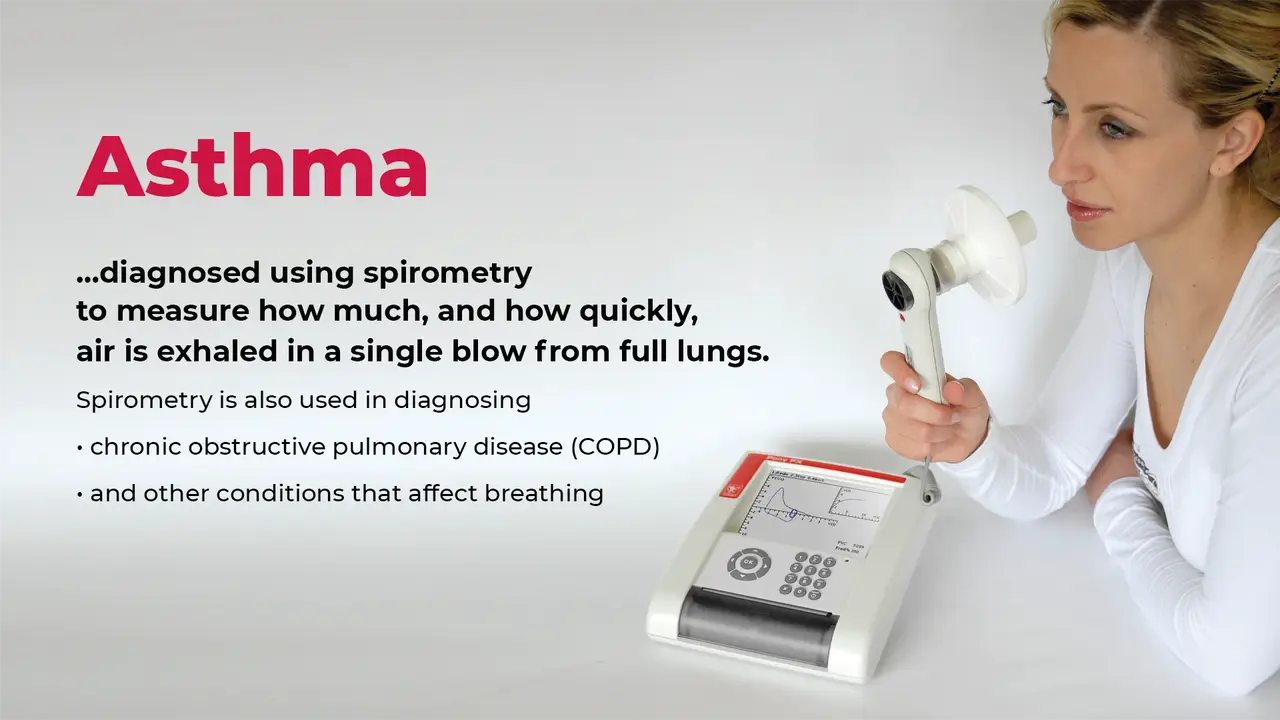Asthma Action Plan


Asthma is one of the world's most pervasive chronic diseases. With an estimated 300 million individuals affected around the world, its prevalence is continuously increasing.
Australia has one of the highest prevalence rates in the world – more than two million asthmatics.
Fortunately, asthma can be effectively treated and, with proper management, good control of the symptoms can be achieved by the vast majority of patients.
Asthma control is viewed in terms of symptom control and future risk, meaning a person's asthma is under control when they can:
Asthma can vary from day to day, over the course of weeks or months. For example, after weeks or months of no symptoms, a change of seasons can agitate your asthma.
Recognise the signs when your asthma is agitated or getting worse. This will effectively help to keep your asthma under control.
Your asthma could be getting worse if:
Control over your asthma is easier when you know the signs and act accordingly.
Asthma is:
People with asthma have chronic inflammation in their lungs. Their airways narrow more easily than people without asthma in response to a variety of factors. These 'triggers' can include:
One person with asthma will generally react to these factors differently to another.
For an individual learning to control their asthma, identifying their triggers and knowing how to avoid them is a HUGE step forward.
The ongoing increase in asthma prevalence around the world is one the biggest mysteries in modern medicine.
Scientists in the 1990s, thought diesel exhaust and pollution could be the cause of the asthma epidemic. They now agree the picture is more complex, differing from individual to individual.
For more information, please see our other articles on asthma:

October 2, 2013
In an asthma or anaphylaxis emergency you should know the symptoms, remove triggers, and know how to respond. Read on to understand these important aspects in the context of such an emergency.

May 7, 2024
Asthma, a chronic respiratory condition affecting millions worldwide, is often shrouded in myths and misconceptions. Despite how common it is, there is a distinct lack of common knowledge. This is leading to potential mismanagement and unnecessary anxiety for those living with asthma.

February 19, 2024
For many Australians, our city and outdoor lifestyles come with a hidden challenge – dust allergies. Dust mites, pollen, and other airborne particles can trigger allergic reactions, affecting a significant portion of the population.